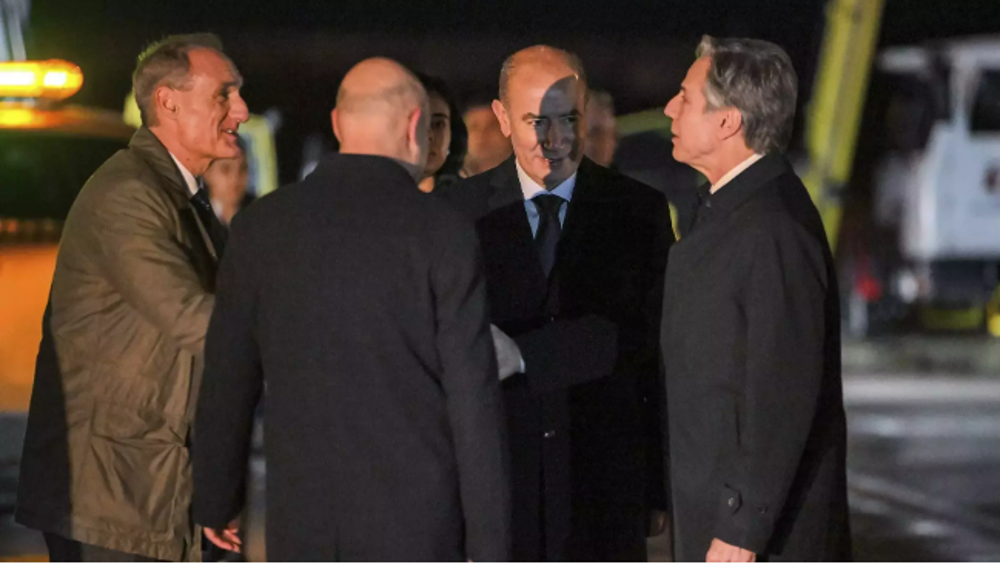Jeb Bush vows tougher stance to tamp down Putin’s ‘aggression’
Republican presidential hopeful Jeb Bush has vowed to take a tougher stance to tamp down Russian President Vladimir Putin’s “aggression” should he become president of the United States.
“He’s a bully,” Bush said in his first foreign speech of the 2016 campaign in a trip to Europe on Wednesday.
Speaking to reporters outside his hotel before a second day of meetings with German officials in Berlin, he called Putin a ruthless pragmatist who "will push until someone pushes back."
“To deal with Putin, you need to deal from strength,” said the brother of former US president George W. Bush.
“You enable bad behavior when you’re nuanced with a guy like that…I’m not talking about being bellicose but just saying, ‘Here are the consequences of your actions’,” Bush said.
He said the Russian president must be convinced that the United States and its allies will retaliate if the Russian military threatens any member of NATO.
Amongst tough foreign policy steps he vowed, Bush mentioned stepped-up military exercises in Poland and the Baltic states and the possibility of maintaining a more permanent American military presence in those countries.
“There are things that we could do, given the scale of our military, to send a strong signal that we’re on the side of Poland, the Baltics and the countries that truly feel threatened by the little green men,” Bush said.
“Russia invaded a neighboring country and occupies a sizable chunk of that country. It’s violated the Minsk accords,” Bush said. “This is a different time than it was just five years ago. And I think the United States and our friends and allies in Europe need to be resolute.”
This is “a different Putin, much more aggressive. So look I don’t begrudge anybody trying to develop better relationships with any country, but it’s clear that in this particular case the much-heralded reset didn’t work out,” he added.
On the sidelines of the G7 summit in Germany, US President Barack Obama also called on European leaders to stand up against “Russian aggression” in Ukraine.
The US accuses Russia of destabilizing Ukraine by supporting pro-Russian forces in the eastern regions. The Kremlin, however, denies the allegations.
SB/AGB
American warplane downed after Yemeni attacks 'baffled' US air defense: Ansarullah
VIDEO | Yemenis praise the military for its successful operations against Israel
VIDEO | Israel continues to bomb Gaza homes
VIDEO | An insider's view of the country: Meybod City in Yazd
‘All wars have rules. All of those rules have been broken’ by Israel
VIDEO | Report flags India’s violation of rights of Rohingya detainees
Turkey's foreign minister meets Syria's de facto leader in Damascus
VIDEO | US Syria plots










 This makes it easy to access the Press TV website
This makes it easy to access the Press TV website